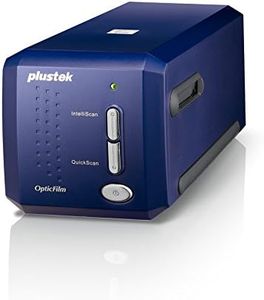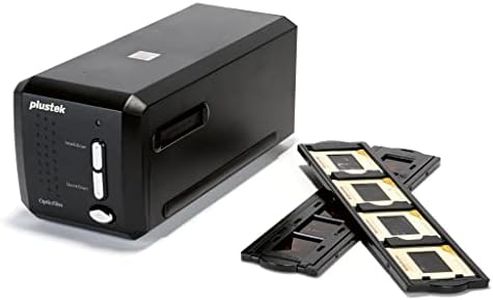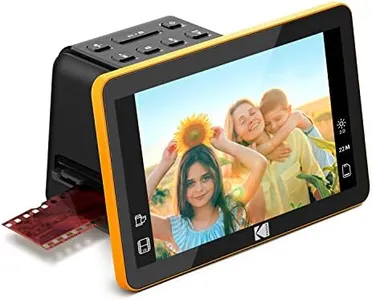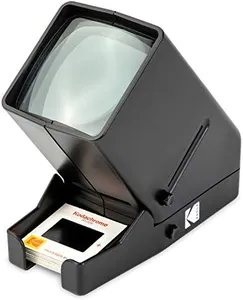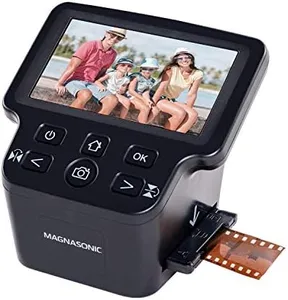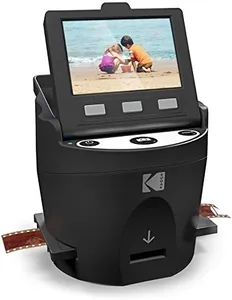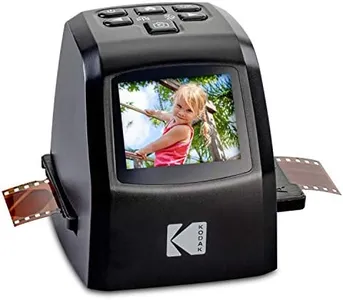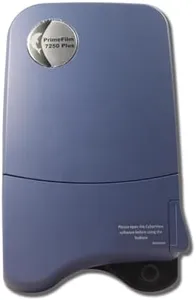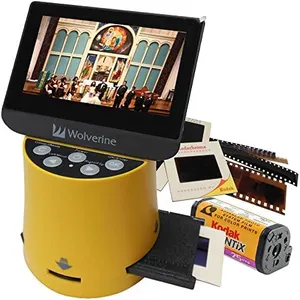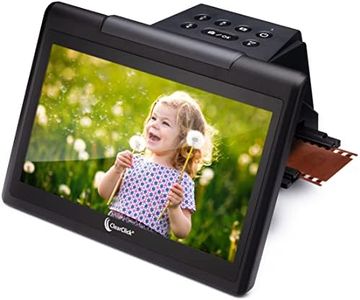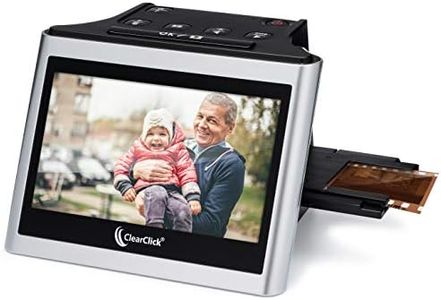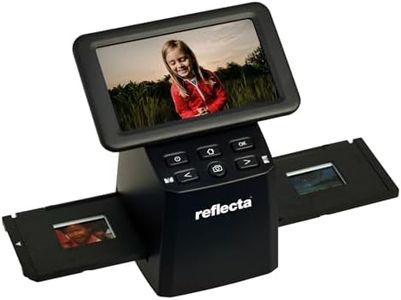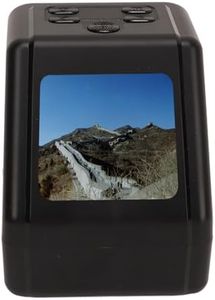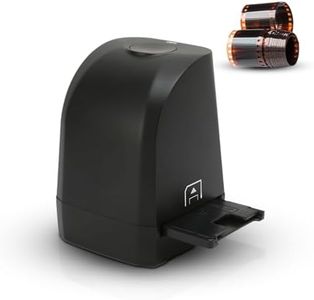10 Best Slide And Negative Scanners
From leading brands and best sellers available on the web.45,000 reviews analyzed
More great picks just for you
Our Top Picks
Winner
Epson FastFoto FF-680W Photo Scanner, Black, B11B237501
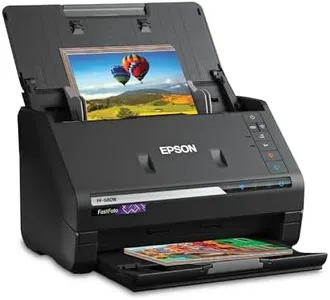 Epson
EpsonThe Epson FastFoto FF-680W is designed mainly for quickly scanning photos, postcards, and similar flat media rather than traditional slide or negative film scanning. It offers a solid resolution of up to 600 dpi for general photo archiving, with options to scan at 300 dpi for faster sharing or even 1200 dpi for enlargements, which provides decent detail for prints. The scanner uses LED light for clear images and supports color photo output with useful auto-enhancement features like color restoration and red-eye reduction, helping bring old photos back to life without complex editing.
It also includes smart software that organizes files automatically and allows easy sharing, making it friendly for users who want a quick and straightforward scanning process. Connectivity is flexible, with both USB and wireless options, so you can place it conveniently without being tied down by cables. This scanner is not tailored for film negatives or slides, as it lacks compatibility with those media types, which is an important consideration if you want to digitize those formats.
The device is moderately sized and weighs about 3.7 kg, so it’s portable enough for home use but not ultra-compact. The Epson FastFoto FF-680W performs very well as a fast, user-friendly photo scanner ideal for preserving printed photos and documents, but it does not meet the needs of users specifically looking to scan slides or negatives.
Plustek OpticFilm 8300i Ai Film Scanner - Converts 35mm Film & Slide into Digital, Bundle SilverFast Ai Studio 9 + QuickScan Plus, Include Advanced IT8 Calibration Target (3 Slide)
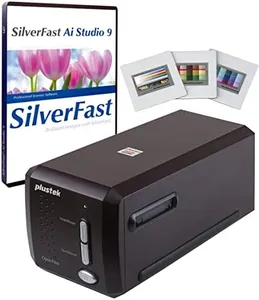 plustek
plustekThe Plustek OpticFilm 8300i Ai is a solid choice for anyone looking to digitize 35mm slides and film negatives with good quality. It offers a high resolution of up to 7200 DPI, which means you can expect detailed, sharp scans suitable for archiving or printing. Thanks to a newer chip, this model scans about 38% faster than its predecessor, saving you time if you have many images to convert. It supports 16-bit grayscale and color depth, allowing for rich and accurate color reproduction.
The scanner comes bundled with two professional software packages: SilverFast 9 Ai Studio and Plustek QuickScan Plus. These programs provide advanced editing and calibration options, including HDR and multi-exposure features, which help improve image quality and reduce dust or scratches. The inclusion of an IT8 calibration target is a plus, as it helps maintain color accuracy over time. Setup is straightforward with USB connectivity, and it works with both Windows and Mac systems.
This scanner specializes in 35mm film and slides only, so it does not handle larger formats or other film types. Weighing around 2.7 kg and measuring roughly 27 x 12 x 12 cm, it is not extremely portable but still compact enough for a home or small studio desk. Some users might find the software complex initially, though the included US-based support can help. While it is a bit pricier compared to basic models, its speed, image quality, and included software make it a good fit for enthusiasts or professionals wanting precise digital copies of their film.
Plustek OpticFilm 8200i SE, 35mm Film & Slide Scanner. 7200 dpi / 48-bit Output. Integrated Infrared Dust/Scratch Removal. Bundle Silverfast SE Plus 9, Support Mac and PC.
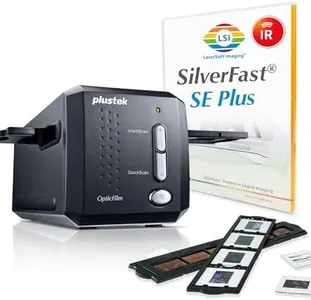 plustek
plustekThe Plustek OpticFilm 8200i SE is a solid choice for anyone looking to digitize 35mm film negatives and slides with high detail. Its standout feature is the very high resolution of up to 7200 dpi, which lets you capture fine details, making it great for archiving or creating prints. The scanner also has a built-in infrared channel that helps automatically detect and reduce dust and scratches, saving you time on manual cleanup. It supports both negatives and slides and offers good color depth with 48-bit scanning, preserving rich and accurate colors.
In terms of software, it comes bundled with Plustek's QuickScan and the Silverfast SE Plus program, which are fairly user-friendly and offer decent control over the scanning process. Connectivity is straightforward with USB, making it compatible with most computers, including recent versions of Windows and Mac OS.
On the downside, the scan speed isn't the fastest compared to some newer models, which might make large jobs take longer. Also, while the scanner is compact enough for a desktop, it’s not very portable due to its size and weight (about 1.6 kg). The multi-exposure feature improves image quality but can add to the scanning time. For beginners, some initial setup and software learning might be needed, but these are manageable. This scanner suits photography enthusiasts or anyone with a large collection of 35mm film looking for high-quality digital copies. If you value image quality and dust removal more than speed or extreme portability, the Plustek OpticFilm 8200i SE offers a dependable balance of features.
